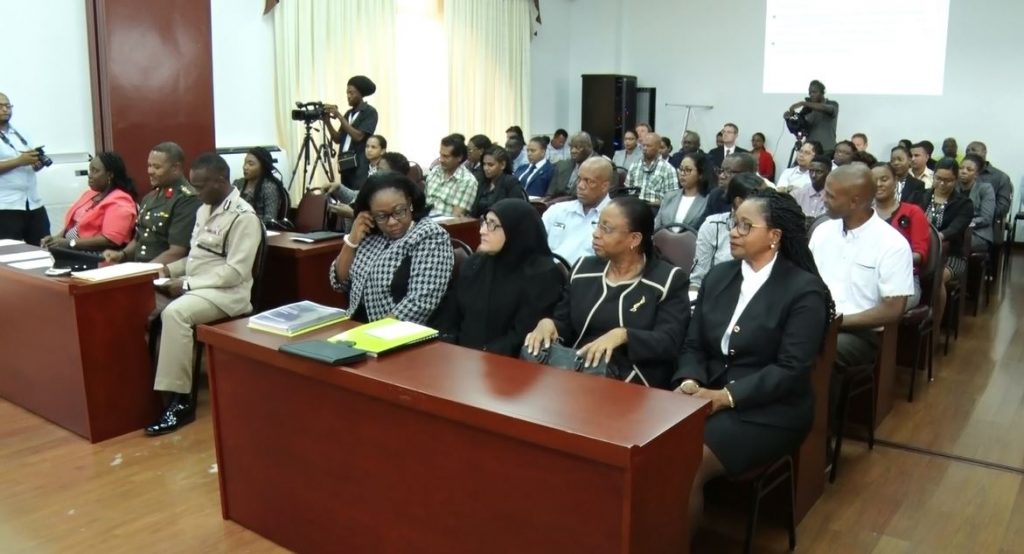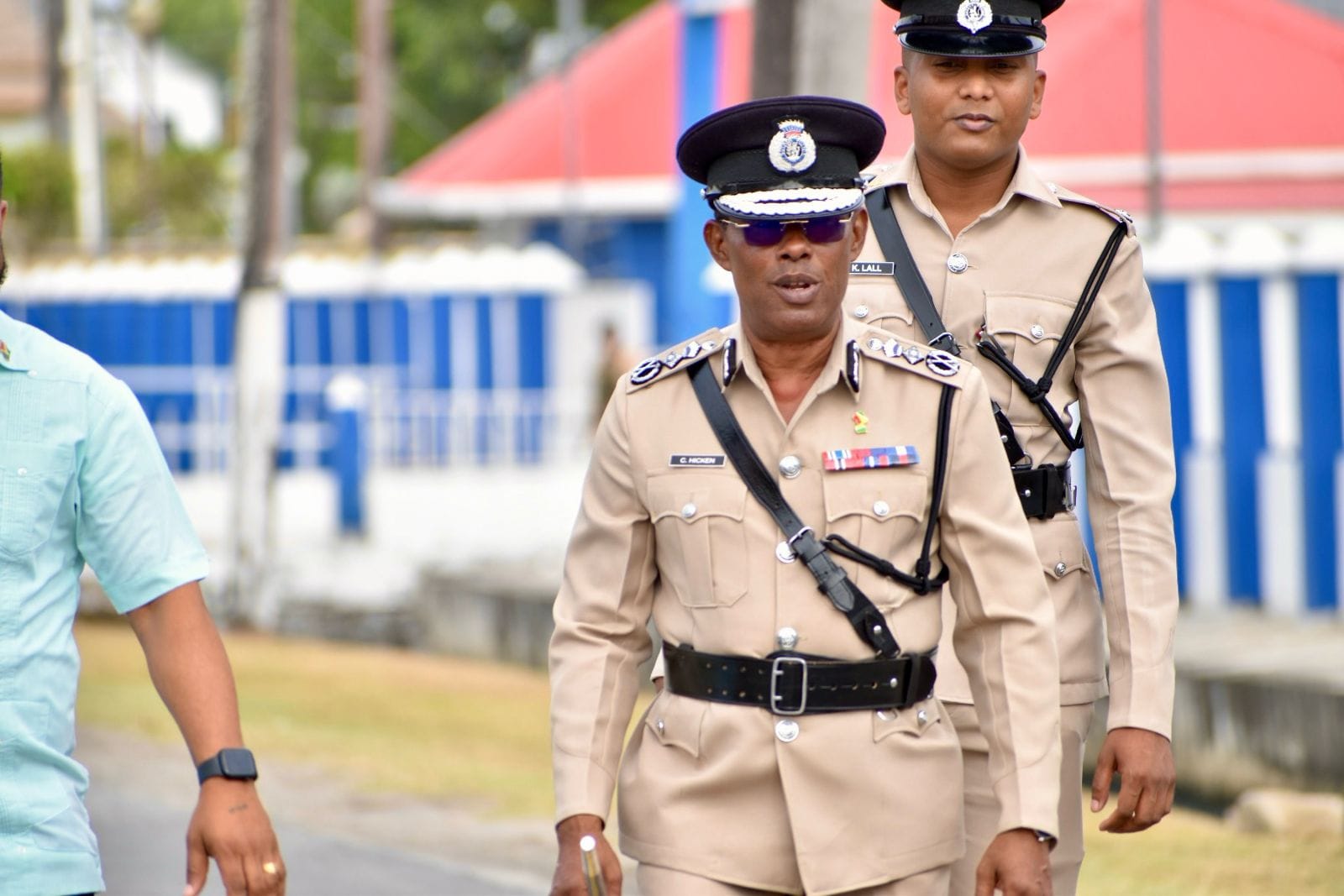The Government of Guyana is looking to establish a Drug Treatment Court as it works towards alternatives to imprisonment.
The first will be a pilot at the Georgetown Magistrates’ court, according to Minister of Public Security Khemraj Ramjattan.
“We have to save…hundreds of lives by virtue of utilizing alternatives to incarceration,” the Minister said in his address to members of the judiciary and law enforcement agencies gathered at a workshop on “Alternatives to Incarceration including Drug Treatment Courts” on Wednesday at the Arthur Chung Conference Centre.
He explained that the offender, the Lawyers and Magistrates will determine whether the criteria were met to send the case to the Drug Treatment Court.
“We want to have non-custodial penalties for those who are found with small amounts [of marijuana]…the youngster trying out a ‘spliff’…if they get caught, you shouldn’t send them to jail [and] those who are addicts and they come often to court,” Ramjattan said.

The treatment will also be offered to persons who were not found in the possession of any drug but are determined to be addicts.
The Minister noted that imprisonment does not rehabilitate drug users, especially in Guyana, noting that “they graduate into bigger things.”
“They get to learn the tricks of the trade while serving their three years for possession of narcotics and they come out back [with] a higher degree of criminality or at least a certain knowledge of what best they can do now…without getting caught.”
Guyana’s laws provide for a mandatory three-year jail sentence for the possession of small amounts of Marijuana which has led to an overcrowding of the country’s prisons.
The Public Security Minister also pointed out that it costs more to maintain prisoners as opposed to offering treatment.
Asked when the first pilot programme will be launched, the Minister said that will be determined by the readiness of the players involved in the process.
He explained that there are training exercises which need to be completed for Magistrates, Prosecutors and other law enforcers.
Partners in the implementation of this project include the United States Government, the Organization of American States (OAS) and the Inter-American Drug Abuse Control Commission (CICAD).
US Charge d’Affairs, Terry Steers-Gonzalez in his address noted that Guyana’s drug use problem is further complicated because it is a transhipment point for illegal narcotics.
He disclosed that between January and September 2018, 164.9kg of cocaine and 889 kg of cannabis were seized along with synthetic drugs.
Steers-Gonzalez pointed to the recent cases of Ecstasy seeping into schools, noting that the substance is seeking into local communities and exposing vulnerable populations.
According to a Study of Inmates in Guyana done by the Center for Latin American Studies on Crime and Violence, six out of ten prisoners reported having consumed marijuana, 7.6% cocaine base paste, cocaine, or crack, and 6.4% pills or ecstasy.












